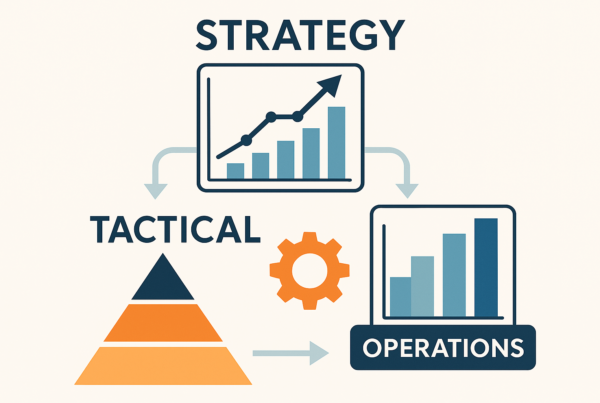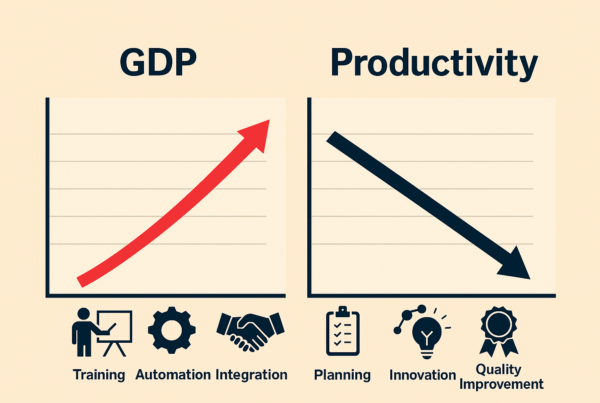My entrepreneurial journey started in 2018. Amidst a long and lengthy battle between emotions and logic, I decided to try my hand at becoming a business person. Now, in 2020, many more people are starting their entrepreneurial journey. Covid-19 has been the nail in South Africa’s economic coffin and has led to many losses of income in households. Entrepreneurship may be the best way to earn an income in an uncertain economic landscape. Entrepreneurs do wonderful things – they boost the economy and promote employment, they nurture partnerships and trade, and they provide innovation and excitement outside of the traditional 9-5.
There are many challenges along the path to financial returns, and these are some of the major trials we have faced along the way:
- The cash flow is minimal when you start
- There are not enough hours in a day
- The psychological burden of financial constraints
- The great responsibility to aid clients
- Sometimes the emotional strain can be paralyzing
The points above do not reflect a positive image about becoming an entrepreneur. However, they are true. There are many factors that will challenge your mentality, physicality and emotional resolve. While we are still on the journey, here are some challenges we have faced along the way towards financial stability, and how you can mitigate them. We hope that these practical tips will help you understand the realities of what it means to be an entrepreneur.
Practical tips
1. Understand that it is going to be a long and difficult journey
The path to entrepreneurial success is paved with trials and tests. It will test your ultimate resolve. The trick is to start small and survive the beginning phases. Success takes time because it is difficult to start a business from scratch: there is no infrastructure, no people and no capital. Due to the large number of variables, one needs to continuously iterate and innovate. Due to the large task at hand, there are going to be many setbacks – one needs to learn how to bounce back quickly and make changes rapidly.

Many luxuries are going to be sacrificed when you start. At the beginning, there will be minimal family time, no time to binge series, and in some cases, no time for weekends. Are these sacrifices worth it? – I believe so. There is something indescribable about working on something you are passionate about rather than working on something that just ‘pays the bills’ – no human is passionate about paying bills every month.
2. You are going to be misunderstood
We are molded to become employees. The school system is designed to create workers out of the majority of students, because the country needs workers. A large number of workers are needed to turn the country’s gears. When deciding to become an entrepreneur, you are going to be misunderstood – because there are many other people that have not followed your path. You are on the path to create your own gears.
Your friends and family are not going to understand what you are doing because it is different to what they are used to seeing. You are also going to hear things like “get a stable job” or “stick to the traditional mold”. I would argue that with the age of artificial intelligence, rapid outsourcing and fourth industrial revolution, having a job is actually quite unstable given that many human roles are now being replaced by Robotic Process Automation (RPA) and Machine Learning. When you start your journey, our advice is to have a traditional 9-5 job during the day and work on your side-hustle venture at night. Do not decide to become an entrepreneur and immediately quit your job without an alternate cash stream.
You will need guidance and education
“I don’t throw darts at a board. I bet on sure things. Read Sun-tzu, The Art of War. Every battle is won before it is ever fought.
Gordon Gekko, from the movie “Wall Street”
Seek guidance from a mentor. A mentor can help you avoid common mistakes and potentially save you money when you start. A mentor can help with many things like understanding local tax laws and how to source the best raw materials. A mentor may also advise on what worked for his/her business which you can use in yours.
Education is key. Therefore, you should seek quality information. In the same way that a surgeon would not get surgery advice from a butcher, you should be very critical and seek quality information from professional and experienced entrepreneurs. I personally read books and communicate to a network that share ideas and opportunities. Some formal education may be advisable, such as courses on finance for non-financial managers, marketing and macro-economics. Some type of financial education and management would be beneficial: you have to be able to manage R10 before you can manage R10,000. Increasing an account size will not cure financial illiteracy.
4. Become the Jack/Jill of all trades
On the path to entrepreneurial success, you are the ‘go-to’ person. You are in charge of sales, taxes, delivery, marketing and many more. You are going to have to learn many multi-disciplinary skills. This process can be humbling – one could have an advanced degree in mathematics however, it would not help in driving the van to deliver goods to a customer. The ‘go-to’ person is a difficult role however it does have many perks – you can learn how to handle irate customers, how to speak publicly, and even how to code internal software. You do not need to become an expert – focus on progress rather than perfection.
As you progress, you can start to outsource many tasks. Entrepreneur Tim Ferriss talks about “automation” where tasks can be outsourced which will allow you to free up your time to focus on more important tasks. Henry Ford did the same – he knew how to manage his team of specialists that were experts in their field, and together they revolutionized mass production manufacturing.
Remember to value your time accordingly and understand opportunity costs. If you charge customers R500 an hour, do not spend an hour of your time doing a task that only brings in R100 an hour. Rather pay an employee/freelancer that R100 to do that task for an hour, which will allow you that time to earn your normal R500 hourly rate. You have now earned R400 and only lost R100 in opportunity cost.
Closing thoughts
Take the time to learn the ropes and understand that many early issues can be avoided with the right mindset, education and coaching. There is no success without failure. Start small and compound your knowledge and successes over time. Use your opportunities to learn many diverse skills. You are going to be misunderstood, but this is okay – The Wright Brothers were viewed by the public as crazy before they achieved the world’s first successful motor-operated airplane.
“One life, one shot, give it all you got”
Parkway Drive (Vice Grip), Ire, 2015
Author:
Trishen Naidoo is the co-director of Fulcrum Venture Capital (FVC), a start-up company based in Durban that focuses on social media marketing and investing. FVC have enlisted the services of Nikshen Consulting to assist in growing their business with the correct coaching and guidance.


![The realities of being an entrepreneur [Trishen Naidoo]](https://nikshen.com/wp-content/uploads/2020/09/entrepreneur-1340650_1920.jpg)


